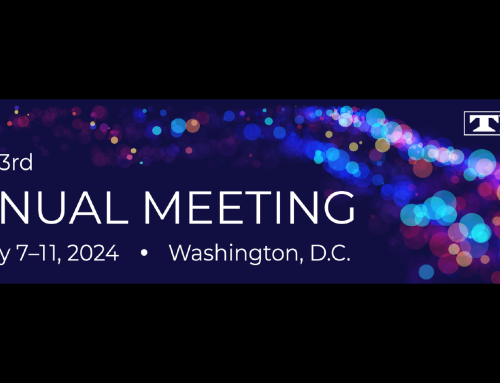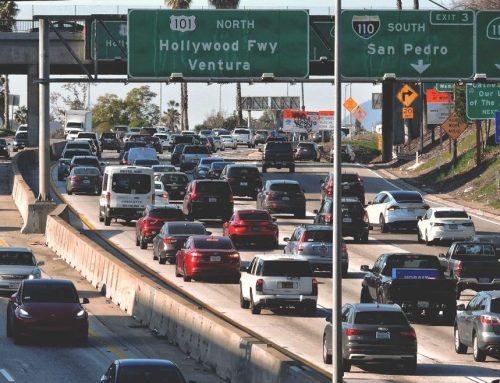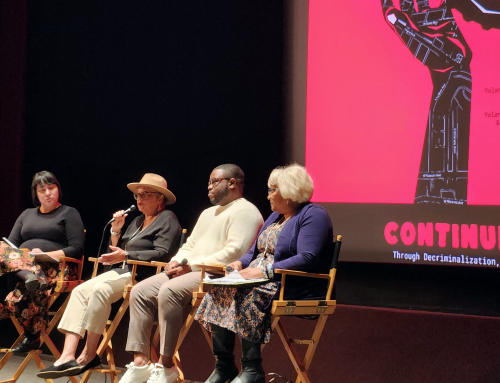On May 30, ITS presented a very special panel event that brought together two Washington, D.C.-based organizations working to devise research-based, nonpartisan transportation policies. Emil Frankel, who worked under President George W. Bush as Assistant Secretary for Transportation Policy at the U.S. Department of Transportation, represented the Bipartisan Policy Center, founded with the help of “senior statesmen” such as former Senators George Mitchell and Bob Dole. Joshua Schank, Ph.D., President and CEO of the Eno Center for Transportation, and who formerly served as Transportation Policy Advisor to Senator Hillary Clinton, also participated. The Eno Center is a non-partisan think-tank that promotes policy innovation and provides professional development opportunities across the career span of transportation professionals.
UCLA Luskin Department of Urban Planning’s Distinguished Professor Emeritus Martin Wachs moderated the event and hypothesized that the parties are maintaining internal unity by “circling the wagons” on every issue. In transportation, he thought this is being exacerbated by perpetual deficits in the Highway Trust Fund that require periodic bailouts from general revenues and President Obama’s own policy initiatives such as high-speed rail. Mr. Frankel concurred, noting that the most recent transportation program authorization known as MAP-21 passed the Senate with 70 votes from members of both parties but may have its impact blunted in the anti-spending House, whose budget would limit expenditures from the Fund to the amount collected in fuel
taxes. Dr. Schank also agreed, recalling that automatic opposition to any administration initiative began during the second term of President George W. Bush. He said it was for this reason the White House did not draft MAP-21, but rather left that task to the Senate.
The panelists discussed the influence of funding levels on bipartisanship. Dr. Schank noted that in the past, an ever-expanding pie of federal funds lubricated relations between the parties. Earmarks funded many questionable projects and so legislators had few difficulties agreeing to long-term bills. This may have fueled what Professor Wachs noted as the “pork barrel” reputation of transportation spending and made it a target of fiscal conservatives. These idealists have promoted spending only the amounts collected, but Dr. Schank noted that locally elected officials have
a hard time delivering this message in their districts. Nonetheless, he felt that total outlays are likely to shrink in the short term but is hopeful that better policy decisions will emerge from the debate. Mr. Frankel mentioned that even though the federal deficit is decreasing due to increasing economic activity, appropriations for transportation are likely to increase only in the context of at least a large bargain between the parties regarding federal spending and further deficit reduction.
This recap was authored by UCLA Luskin Master of Public Policy student Gregory Maul.




